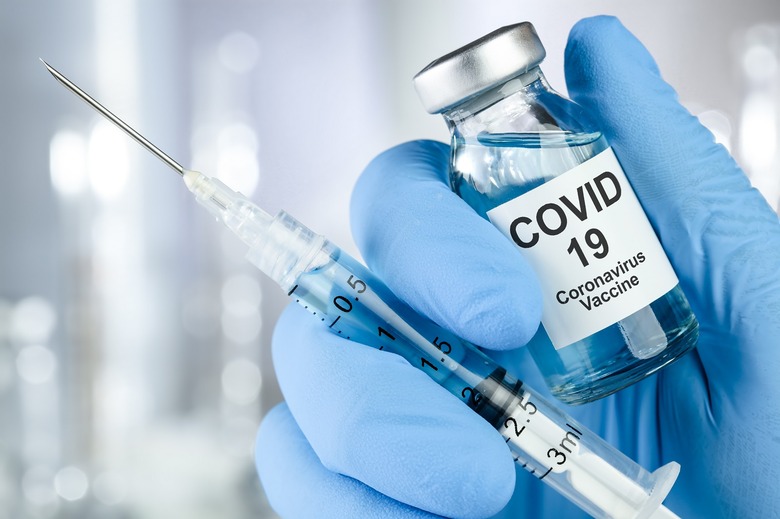A 25-Year Old Becomes The First American To Contract The Coronavirus Twice
- A Nevada man became the first American to get the coronavirus twice.
- The patient in question had no comorbidities or underlying immune system issues.
- The symptoms endured on the second infection were much more severe than the first.
A 25-year old man from Nevada recently became the first American to contract the coronavirus, make a full recovery, and then become infected with a slightly different variant of the virus later on down the line. Originally brought to light via a study published in an infectious disease journal, the report relays that the man in question endured more severe coronavirus symptoms the second time around.
According to the study, the man initially showed coronavirus symptoms and tested positive for the virus back in April. He then tested positive again in early June.
"The patient had two positive tests for SARS-CoV-2, the first on April 18, 2020, and the second on June 5, 2020, separated by two negative tests done during follow-up in May 2020," the report reads in part. "Genomic analysis of SARS-CoV-2 showed genetically significant differences between each variant associated with each instance of infection."
Interestingly, the patient experienced more severe coronavirus symptoms when infected the second time. His list of symptoms upon re-infection included shortness of breath, fever, headache, dizziness, cough, nausea, and diarrhea.
It's worth noting that the 25-year old patient had no existing co-morbidities or signs of a compromised immune system.
The individual associated with these two SARS-CoV-2 infections had no immunological disorders that would imply facilitation of reinfection. They were not taking any immunosuppressive drugs. The individual was negative for HIV by antibody and RNA testing (data not shown) and had no obvious cell count abnormalities. The secondary positive case (reinfection) occurred simultaneously to a positive case in a cohabitant (parent), who also provided a specimen on June 5, 2020, that was positive by nucleic acid amplification testing (transcription-mediated amplification).
The authors of the study conclude that the incident above suggests that "previous exposure to SARS-CoV-2 might not guarantee total immunity in all cases."
As a result, the study cautions that people who previously tested positive for the coronavirus and subsequently recover aren't immune from reinfection. Consequently, the study urges people who already had the coronavirus to still wear masks, maintain proper hand hygiene, and adhere to social distancing guidelines.
On a related note, it's worth remembering that CDC director Robert Redfield recently said people wearing masks is more effective at preventing the coronavirus from spreading than a vaccine would be.
"We have clear scientific evidence they work," Redfield said last month. "This face mask is more guaranteed to protect me against COVID19 than when I take a COVID vaccine. These face masks are the most powerful public health tool we have. I appeal to all Americans to embrace these face coverings."
